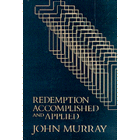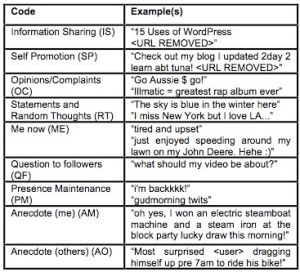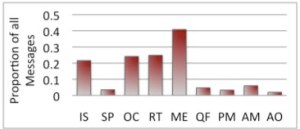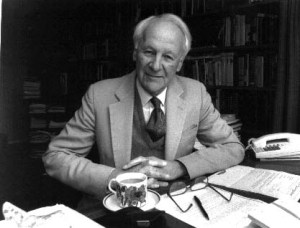I am a seminary student. What that means is that I do not have everything figured out. In fact, I am a human so the reality is that I never will have everything figured out. I am okay with that, but I don’t always like it. I experienced this first hand recently when struck with a new doctrine that I had never heard of as part of a recent seminary course I took. The doctrine? Union with Christ.

John Murray starts the ninth chapter of his book, Redemption: Accomplished and Applied with some bold and broad statements. In the opening paragraph he states that without union with Christ, “our view of the Christian life would be gravely distorted.” Further, Murray states that, “Nothing is more central or basic than union and communion with Christ.” Still on the first page, he notes that it is a very broad and embrasive subject and that it “underlies every step of the application of redemption” as well as being “the central truth of the whole doctrine of salvation not only as its application but also in its once for all accomplishment in the finished work of Christ.” These are bold and broad claims. To someone who calls themself a Christian, but has never even heard of this thing called ‘union with Christ,’ they can be offensive and even deterring and thus create resistance in the reader.
“In Christ” – what does that mean? How many times have I read a passage of Scripture and been confused or simply unclear of exactly what that meant? 164 times in the letters of Paul alone according to John Stott.
Drawing from passages like Romans 6:4, Murray shows that the Christian life is lived by virtue of our union with Christ. Not only that, but that we also remain “united with Christ” in our death (1 Thess. 4:14, 16). And finally that “in Christ” we will also be made alive again when the last trumpet sounds (1 Cor. 15:22).
When I’m honest with myself, I am resistant to some of the bold and exhaustive claims that Murray makes in the opening of this chapter in Redemption: Accomplished and Applied. As I’ve prayed, read Scripture, and reflected however, I’ve begun to see that the root of my resistance has been – in some way – pride. Pride in the fact that I call myself a Christian and that “I’ve never heard of this union with Christ thing before.” I’d heard of sanctification and had a quasi-Lutheran based view of it as a process in which God was at work in me do make me more like Jesus. However, my understanding of sanctification was fuzzy at best. I knew that my sanctification wasn’t based on my works but that really just left me clueless to how it actually progressed. I knew it was by the work of the Holy Spirit, but I did not cleanly grasp the concept of being purely adopted and given a new heart at my justification. Wrestling with all of this has taken me from a focus of ‘Who God is and what He’s done’ and expanded upon that to add ‘Who I am as a Christian because of it all.’ I’m a child of God. I have been blessed in Christ with every spiritual blessing in the heavenly places, even as he chose me in him before the foundation of the world…(Ephesians 1:3-4). For most of my Christian walk I have focused on “redemption accomplished” at the neglect of “redemption applied.”
In wrestling with the doctrine of union with Christ for the last four weeks I have found extreme confidence in my assured and secured salvation by growing in my understanding of this doctrine. And not just my confidence in eternal salvation, but also in grasping God’s love for me from eternity past to eternity future. It puts God’s unconditional election despite my depravity in a whole new light. It puts his irresistible grace despite my sinful nature in a whole new light. These words of Murray really struck me in this regard, “Apart from union with Christ we cannot view past, present, or future with anything but dismay and Christless dread. By union with Christ the whole complexion of time and eternity is changed and the people of God may rejoice with joy unspeakable and full of glory.”
I feel a little like I’ve opened up the doors of a wardrobe to find a whole new world existing that I never even knew was there. If you’ve never heard of this concept of ‘union with Christ,’ pick up a copy of Murray’s book and go wrestling. My prayer for you is that Murray will win.
Posted in Theology
Tags: John Murray, redemption, Seminary, union with Christ











You must be logged in to post a comment.